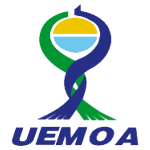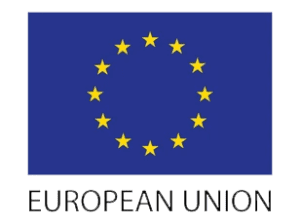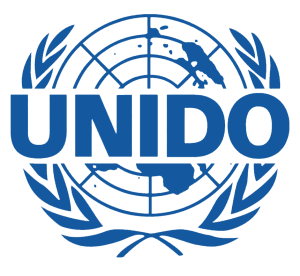
Information and Communication Technologies are transformational drivers for SMEs particularly and for the entire population in general. The use of mobile phones in West Africa has simplified and accelerated economic transactions, social interactions and access to information and knowledge. Indeed, from 2010 to 2018, the number of mobile cellular subscriptions addition has grown by 60% and the percentage of the population owning an account at a financial institution or with a mobile-money-service provider by 61%. Also, the exports of ITCs goods from the region has increased by 24% between 2010 and 2015 (World Bank Database, 2020)
Senegal
The digital economy in Senegal is emerging as a crucial force for driving structural change, reducing inequality and strengthening social inclusion. The sector remains constrained by lack of competition, with respect to Internet service provision (ISPs). Should this bottleneck be unlocked, the growth of the digital economy would be boosted, making Information and Communications Technology interventions even more impactful. It is a common feature in Senegal that local ICT firms remain very small and they struggle to develop and export their services because they have no contacts for export. There is a need for the country to strengthen its ICT promotion policy taking into account a gender equality perspective and thus encourage the use of ICT in different sectors of the economy and households.
Benin
Since the advent of the new political regime in Benin, Benin’s vision relating to telecommunications and ICT has undergone rapid development. To reduce the country’s strong dependence on imported ICT products, the government is actively encouraging the development of local solutions by software companies. There is a need for the country to strengthen its ICT promotion policy taking into account a gender equality perspective and thus encourage the use of ICT in different sectors of the economy and households.
Cabo Verde
Cape Verde government has put ICT has a major subject of focus in their public policies. Most of the major business in Cape Verde are MSMEs, (around 30 000 units), and most of them are informal enterprises employing up to 3 people, among most of the MSME’s, ICT clusters have shown strong opportunities to actively participate in the regional and global value chain.
As a member of ECOWAS, ECOWAS’ Policy on Science and Technology is an integral part of Cape Verde’s ICT development blueprint. Other projects such as The Cape Verde Technology Park is part of the country’s Information and Communication Technologies (ICT) sector strategy, aimed at promoting innovation and business development, thereby leveraging the country’s growth. Its vision is to galvanize the ICT cluster, positioning Cape Verde as an international service centre and a gateway to Africa for key international companies in the sector.
Côte d’Ivoire
Côte d’Ivoire has a booming ICT sector which is largely due to the vision and initiative of the country’s Ministry of Digital Economy. ICT-based initiatives now represent nearly 8% of the country’s GDP and the figure is expected to reach 15% in the coming years. The country’s enthusiasm for new, tech-based solutions has led observers to refer to it as the “Start-up Nation in Africa”.
The Government of Côte d’Ivoire has made the digitisation of customs, finance and education top priorities. The creation of the Virtual University of Ivory Coast, the distribution of digital health cards and vaccination records, as well as the creation of the Digital Youth Foundation to fight youth unemployment, are examples of major new ICT initiatives.
In 2017 the Government declared that the digital ecosystem will impact economic growth in the long term, deeply change how the social economy works and create the foundation for an economy of knowledge.









